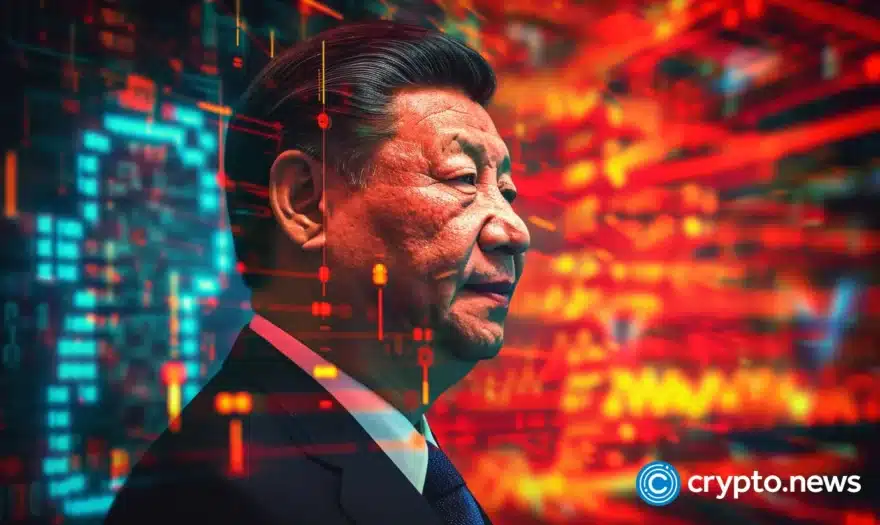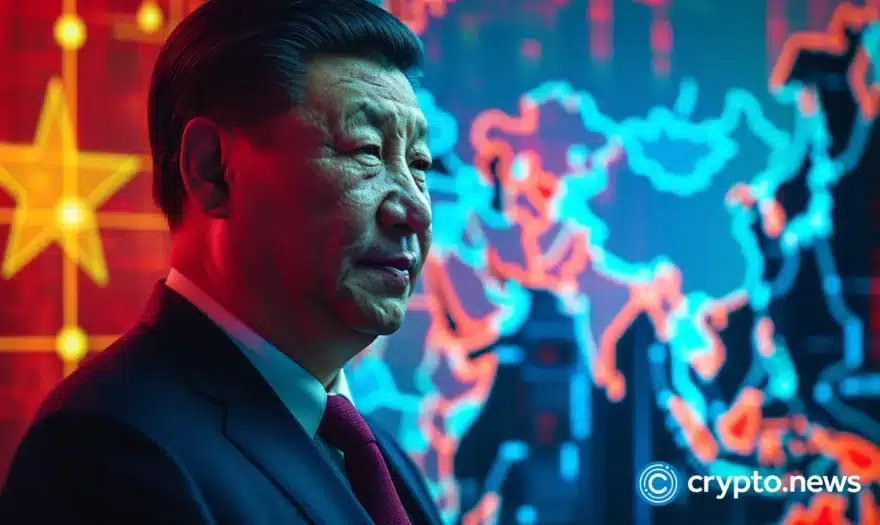Chinese City to pay civil servants using digital yuan

Changshu City in Jiangsu Province, East China, will begin paying all public sector personnel in e-CNY, better known as digital yuan, from May 2023.
This is important in promoting the digital yuan, China’s official digital money. The decision will affect government personnel, teachers, healthcare professionals, journalists, technicians for accredited media outlets, and staff members of state-owned businesses.
Changshu City’s efforts in promoting digital yuan
The introduction of digital yuan payments in Changshu City is a part of China’s more extensive initiatives to advance its centralized digital currency.
Changshu City has been promoting digital yuan pilot programs, and many consumption scenarios can already use digital yuan payments. Furthermore, the digital yuan app has been linked to popular payment platforms like Alipay and WeChat Pay.
Users can make payments with their digital yuan wallets on WeChat’s mini-programs, and the feature will be available in more scenarios.
Since June 2022, Changshu City has used the digital yuan to pay around 4,900 state enterprise employees who worked overtime for 2.5m yuan. It has also been used to pay for housing expenses, payments to high-tech companies, and transportation for local government employees.
Digital yuan facing challenges despite efforts
The Chinese government started exploring a sovereign digital currency in 2014. The system’s first test began in pilot cities such as Shenzhen, Suzhou, Xiongan, and Chengdu in 2020.
Despite the government’s efforts to promote the digital yuan, it still faces challenges, including limited transaction capacity and the public’s preference for popular digital payment platforms such as WeChat Pay and Alipay.
Local governments have actively promoted digital currency by encouraging businesses and public utilities to accept it. Some people have also started small-scale tests to use them to pay for government subsidies.
In February 2023, the Jiangsu province administration unveiled a proposal to expand the adoption of the digital yuan by 2025—the idea called for government purchases, tax payments, social security, and medical and educational expenses.
Although the digital yuan has primarily been utilized domestically, some economists think that Western sanctions on Russia, including the resource-rich country being cut off from SWIFT, have encouraged China to accelerate the development of the digital yuan.
Hong Kong is also collaborating with the People’s Bank of China (PBoC) to conduct cross-border payment trials using the digital yuan, enabling Hong Kong and the Greater Bay Area citizens to utilize it for travel, living expenses, and retail purchases.

















